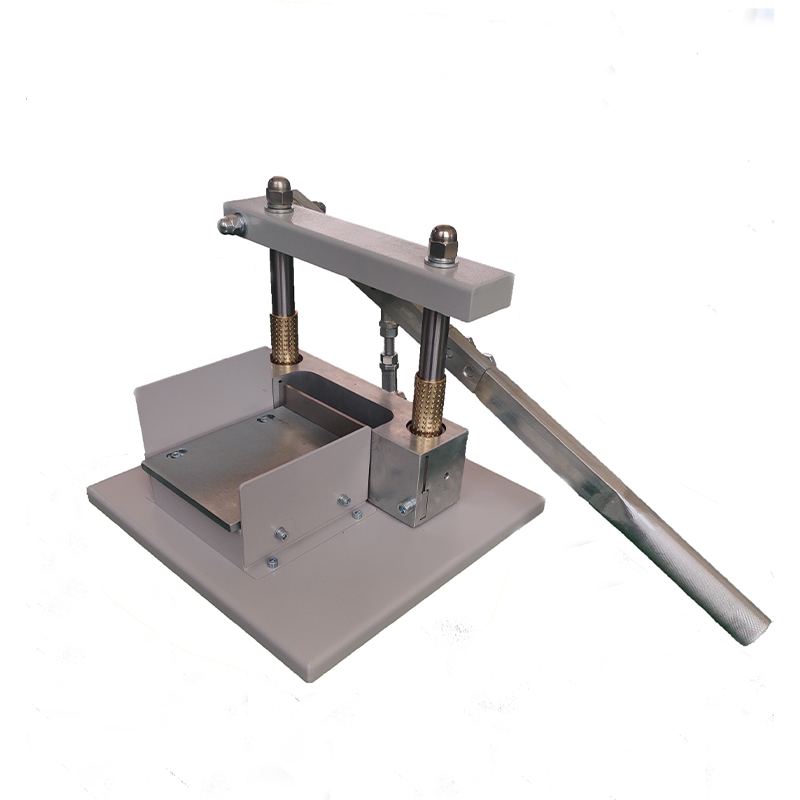machines to measure resistance supplier
Machines to Measure Resistance A Supplier's Guide
In today’s rapidly evolving technological landscape, precise and reliable measurements are crucial for various industries, including electronics, automotive, aerospace, and manufacturing. Resistance measurement is one of the fundamental electrical parameters that engineers and technicians must quantify, which is essential for ensuring the functionality and safety of electronic components and systems. This article provides an overview of machines used to measure resistance, focusing on their types, applications, and the key suppliers in the market.
Understanding Resistance Measurement
Resistance, measured in ohms (Ω), indicates how much a component opposes the flow of electric current. Accurately measuring resistance is vital for assessing the performance and reliability of electrical devices. Various machines and instruments have been developed to provide accurate resistance measurements, each suited for specific applications and environments.
Types of Machines for Measuring Resistance
1. Digital Multimeters (DMMs) These versatile instruments can measure voltage, current, as well as resistance. DMMs are widely used for general-purpose measurements in laboratories and fieldwork. They are compact, user-friendly, and provide digital readings, making them a popular choice among technicians and engineers.
2. Resistance Bridges These machines are used to measure very low resistances with high accuracy. They operate on the principle of balancing two legs of a bridge circuit to determine unknown resistance. Resistance bridges are essential in precision laboratories and are indispensable for calibrating other measuring instruments.
3. Micro-ohmmeters Designed specifically for measuring low resistance values, these devices excel in applications requiring highly accurate measurements, such as electrical connections in power equipment and railways. Their ability to measure in the micro-ohm range makes them suitable for critical applications where even small resistive values are significant.
4. Wattmeter In some cases, measuring resistance indirectly through power consumption can provide valuable insights. Wattmeters can be used to determine resistance based on the power dissipation in a circuit, particularly in high-power applications.
5. LCR Meters These instruments measure inductance (L), capacitance (C), and resistance (R). LCR meters are particularly useful in the electronics industry for testing components such as capacitors and inductors, where resistance needs to be measured under varying frequencies.
Applications of Resistance Measurement
Resistance measurement machines are invaluable across multiple sectors
machines to measure resistance supplier

- Electronics Manufacturing Testing printed circuit boards (PCBs) for proper functioning is a fundamental part of the quality assurance process in electronics manufacturing. Resistance measurements help detect faulty connections and defective components. - Automotive Resistance measurements are crucial for evaluating battery performance, examining electrical connections, and diagnosing issues in electronic control units (ECUs).
- Aerospace In aerospace applications, ensuring the reliability of electrical connections is paramount. Resistance measurement helps in verifying the quality of components used in aircraft and spacecraft systems.
- Power Generation and Distribution Power systems professionals use resistance measurement to assess the integrity of electrical connections and ensure safety in power plants and transmission lines.
Choosing the Right Supplier
When selecting machines to measure resistance, quality and reliability are essential. Here are some key considerations when choosing a supplier
1. Reputation Look for suppliers with a proven track record in the field of measurement technology.
2. Product Range A diverse range of products indicates a supplier's expertise and the ability to meet various measurement needs.
3. Technical Support and Service Reliable customer service and post-purchase support are crucial for ensuring the longevity and accuracy of measurement machines.
4. Calibration and Certification Ensure that the devices supplied are calibrated and certified according to industry standards for guaranteed accuracy.
5. Cost and Warranty Compare costs while evaluating warranty terms to balance quality and budget constraints.
Conclusion
Machines for measuring resistance are integral tools in various industries, ensuring the safety and efficiency of electrical components and systems. Whether through digital multimeters or specialized micro-ohmmeters, accurate resistance measurement is essential for quality control and performance assessment. By selecting a reputable supplier, organizations can ensure they have access to the best measurement technologies available, contributing to operational excellence and innovation.
-
Why the Conductor Resistance Constant Temperature Measurement Machine Redefines Precision
NewsJun.20,2025
-
Reliable Testing Starts Here: Why the High Insulation Resistance Measuring Instrument Is a Must-Have
NewsJun.20,2025
-
Flexible Cable Flexing Test Equipment: The Precision Standard for Cable Durability and Performance Testing
NewsJun.20,2025
-
Digital Measurement Projector: Precision Visualization for Modern Manufacturing
NewsJun.20,2025
-
Computer Control Electronic Tensile Tester: Precision and Power for the Modern Metal Industry
NewsJun.20,2025
-
Cable Spark Tester: Your Ultimate Insulation Assurance for Wire and Cable Testing
NewsJun.20,2025
 Copyright © 2025 Hebei Fangyuan Instrument & Equipment Co.,Ltd. All Rights Reserved. Sitemap | Privacy Policy
Copyright © 2025 Hebei Fangyuan Instrument & Equipment Co.,Ltd. All Rights Reserved. Sitemap | Privacy Policy
